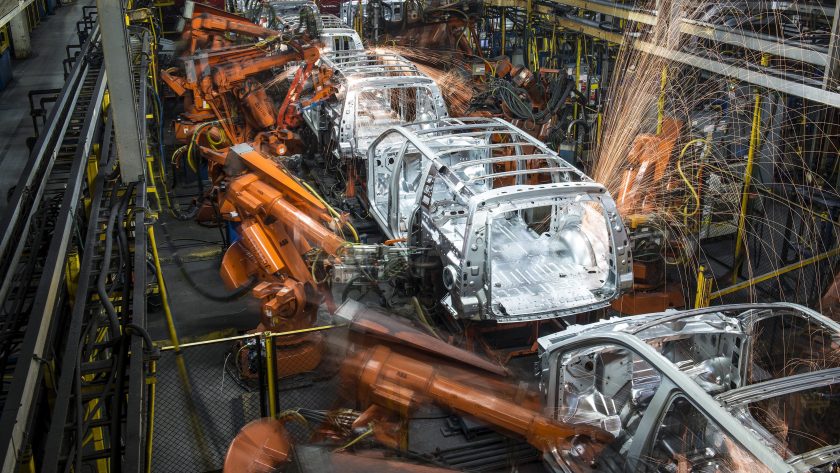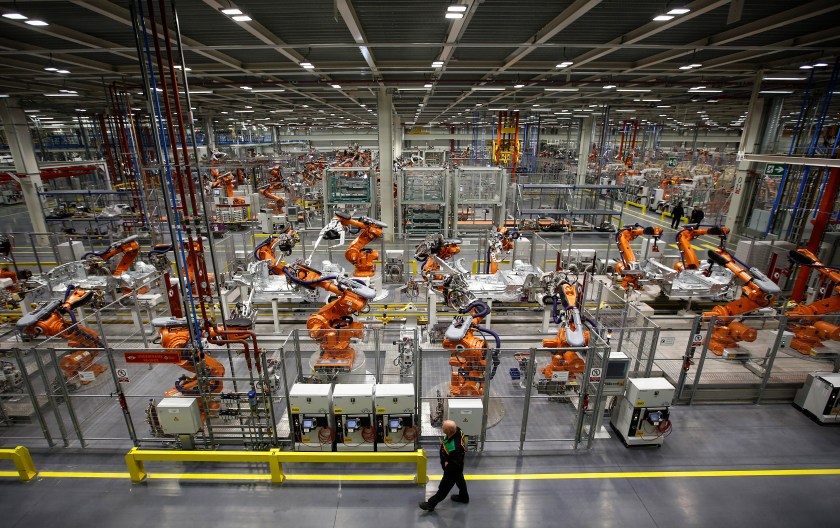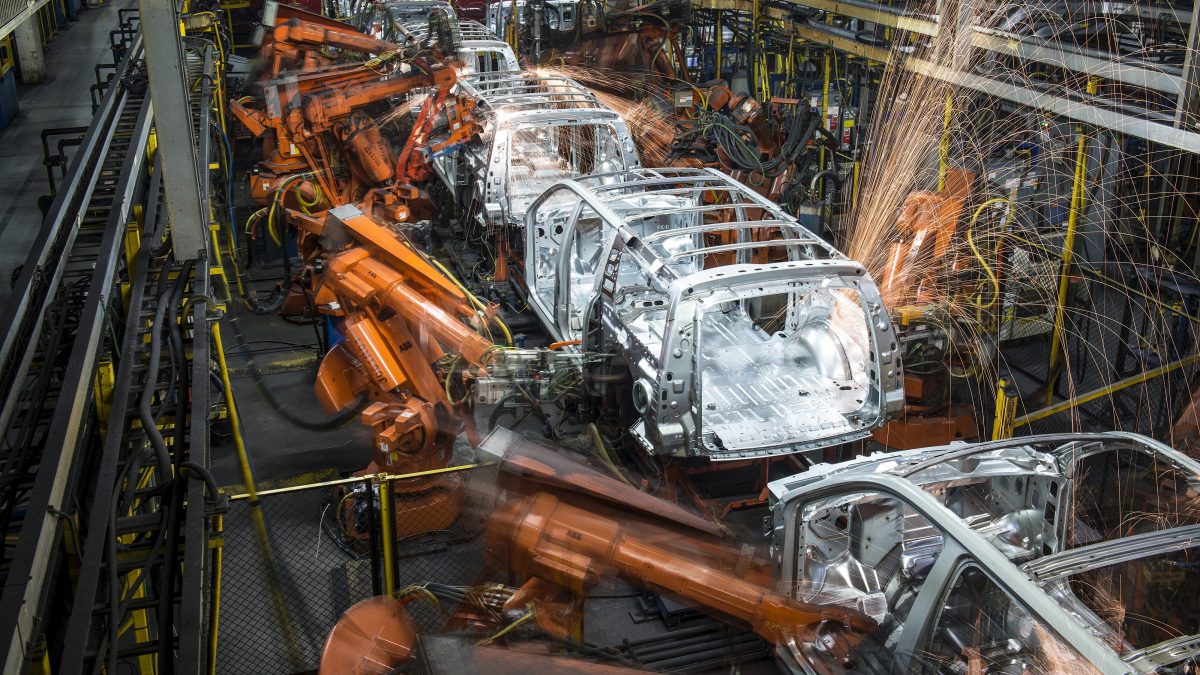
General Motors made headlines recently when it announced its first layoffs in six years, cutting 1,200 factory jobs in Michigan and closing a plant in Ohio. While this news is certainly difficult for the families involved, it begs the question: Will a time come where there are no jobs left for humans?
Throughout history, advancements in technology have both created and eliminated jobs. Some thought leaders suspect this cycle will eventually give way; that is, we will innovate mankind out of work, leaving society to descend into anarchy. Meanwhile, some predict the cycle of tech disruption will lead to a post-capitalist utopia, a la “The Jetsons.”
In this not too distant future, work as we know it would be dramatically different, with manual labor and a slew of other jobs replaced by a blend of robotics and artificial intelligence. This is part of the theory of “fully automated luxury communism,” or FALC, which argues that machines will provide society with its basic needs, and all humans will have to do is keep the systems going. But unlike futurists, those who believe in FALC argue the permanent global unemployment is a form of equality that leaves everyone free to do what they choose.

Bernard Marr, who writes for Forbes, describes the predicament at the heart of this theory:
“While improvements in machine learning, artificial intelligence, big data, and robot automation could mean huge advances in medicine, science, commerce, and human understanding, it’s also undeniable that there will be consequences as well. These technological advances represent a significant challenge to capitalism. Together, they are poised to potentially create jobless growth and the paradox of an exponentially growing number of products, manufactured more and more efficiently, but with rising unemployment and underemployment, falling real wages and stagnant living standards.”
In other words, the robots will take all our jobs and we will be royally screwed.
There’s certainly an argument to be made that this phenomenon has already started. This summer, market research company Forrester published a study predicting 7% of jobs in the U.S. would be replaced by robots and A.I. by 2025. It’s something we need to prep for, writes Ryan Avent of The Guardian:
“Preparing for a world without work means grappling with the roles work plays in society, and finding potential substitutes. First and foremost, we rely on work to distribute purchasing power: to give us the dough to buy our bread. Eventually, in our distant Star Trek future, we might get rid of money and prices altogether, as soaring productivity allows society to provide people with all they need at near-zero cost.”
Just as these problems won’t appear overnight, neither will their solutions. If our society does reach a state of FALC, it will undergo massive restructuring.
If you want to know more about the theory of fully automated luxury communism and its ramifications, read the op-ed pieces by Bernard Marr for Forbes here and Ryan Avent for The Guardian here.
For a fascinating conversation on this topic and its more imminent applications, watch this interview with President Barack Obama, MIT Media Lab director Joi Ito, and Wired editor-in-chief Scott Dadit below.
This article was featured in the InsideHook newsletter. Sign up now.
























